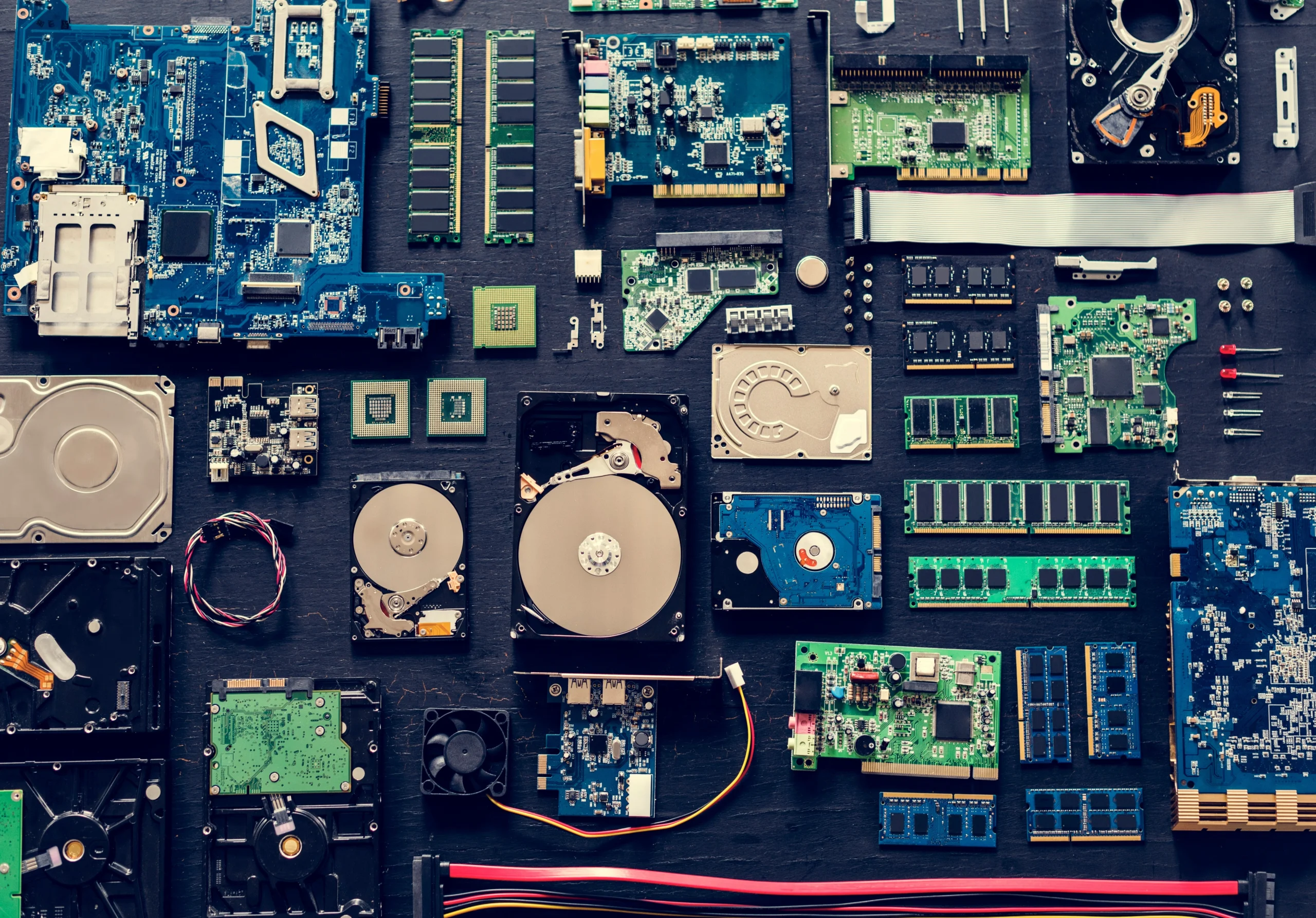At South Group Recycling, we are passionate about supporting educational institutions in their sustainability efforts. Schools and universities hold a unique position in society as both centers of learning and as significant environmental stakeholders. By embracing comprehensive sustainability practices, they can significantly impact environmental conservation and serve as role models for responsible resource management.
The Foundation of Sustainability in Education
Sustainability in educational environments begins with integrating eco-friendly practices into everyday operations. Here are some foundational steps that schools and universities can take:
- Reducing Paper Use: In universities, encouraging digital submissions and readings to minimize paper waste.
- Energy Efficiency: Implementing LED lighting, energy-efficient appliances, and promoting a culture of turning off unused electronics.
- Waste Management: Establishing robust recycling programs for plastics, paper, glass, and organic waste to reduce landfill contributions.
- Water Conservation: Installing low-flow fixtures and promoting practices that reduce water usage.
These practices not only help reduce the institution’s carbon footprint but also instill a culture of sustainability among students and staff.
E-Waste: A Growing Challenge and Opportunity
As schools and universities integrate more technology into their curriculums and administrative processes, the lifecycle management of these electronics becomes critical. Essential devices include:
- Computers and Laptops: These devices are indispensable for modern education, enabling students and faculty to conduct extensive research, access a wealth of digital resources, participate in virtual classrooms, and facilitate software-based learning. They are central to both in-class activities and for assignments completed outside of school hours, supporting a flexible learning environment.
- Monitors and TVs: In today’s classrooms, these devices serve as digital blackboards, displaying videos, presentations, and educational software. They are crucial for visual learning, allowing teachers to present complex information in an engaging and accessible manner. Larger screens help ensure that visual content is effectively communicated to every student in the classroom.
- Audio/Video Equipment: This includes microphones, speakers, video cameras, and projectors. Such equipment is used to enhance the delivery of lessons through rich multimedia presentations, enabling teachers to incorporate audiovisual resources that cater to various learning styles. This equipment is also used for recording lectures and facilitating remote learning sessions, expanding access to education.
- Cell Phones and Tablets: These portable devices have become powerful educational tools that support interactive learning and foster collaboration among students. They are often used to run educational apps, access e-books, participate in interactive quizzes, and collaborate on group projects. Tablets, in particular, are popular for their versatility in multimedia handling and their user-friendly interfaces, making them suitable for all age groups.
- Scanners and Copiers: Essential for the day-to-day administrative tasks of educational institutions, these devices support the management of teaching materials, student records, and various documentation needs. Scanners convert hard copy documents into digital format, facilitating easy sharing and saving. Copiers are crucial for producing handouts and instructional materials, ensuring that all students have access to necessary resources.
Despite their benefits, these technologies frequently become obsolete due to rapid advancements or wear and tear, leading to significant accumulations of e-waste.
Proactive E-Waste Management for Schools and Universities
To manage electronic waste effectively, educational institutions can partner with organizations like South Group Recycling. Here’s how:
- Regular E-Waste Audits: Identifying which devices are obsolete or broken to prepare for recycling. These audits help schools and universities keep track of their electronic assets and determine the best time to recycle them, ensuring that all e-waste is managed responsibly and efficiently.
- Contacting South Group Recycling: Schools and universities can reach out to South Group for tailored e waste recycling services. Our team facilitates the entire recycling process, offering easy scheduling and reliable pickups for large volumes of e-waste. This service helps institutions manage their electronic waste without disrupting their educational activities and supports their sustainability goals.
- Campus Recycling Drives: Engaging the entire campus community in ewaste recycling can significantly raise awareness and encourage a culture of sustainability. These drives not only help collect a substantial amount of e-waste for recycling but also educate students and staff about the importance of responsible electronic disposal and the environmental impacts of e-waste.
- Dispose of Old Computers Responsibly: When it comes to disposing of old computers, it is crucial to ensure they are handled in a way that prevents environmental damage and promotes resource recovery. South Group Recycling provides specialized recycling services that comply with legal and environmental standards, ensuring that all components of your outdated computers are processed responsibly. By choosing to recycle old computers with us, educational institutions can prevent harmful toxins from entering the environment and contribute to the reclamation of valuable materials, thereby supporting the circular economy.
By implementing these strategies, educational institutions can enhance their sustainability practices and contribute positively to environmental conservation.
Conclusion
By addressing the challenge of e waste, alongside broader sustainability initiatives, educational institutions can significantly enhance their environmental impact. South Group Recycling is dedicated to assisting schools and universities in becoming sustainability leaders. Through our expert recycling services, we help these institutions transform their e-waste challenges into opportunities for environmental leadership and educational growth.





